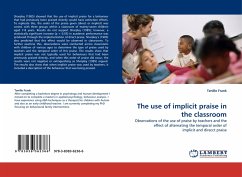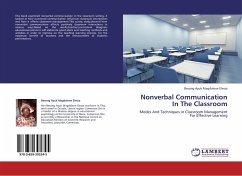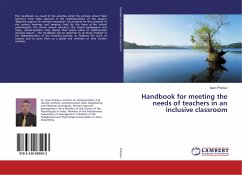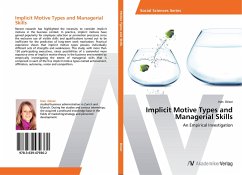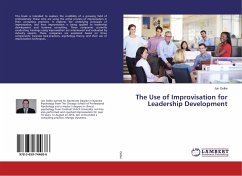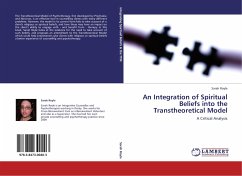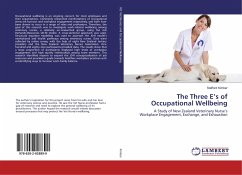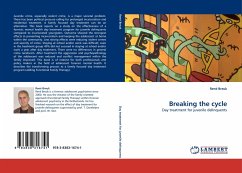Sharpley (1985) showed that the use of implicit praise for a behaviour that had previously been praised directly would have extinction effects. To replicate this, the order of the praise given (direct or implicit) was varied, with three groups within a classroom of twenty-seven children aged 7-8 years. Results do not support Sharpley (1985); however, a statistically significant increase (p 0.05) in academic performance was produced through the implementation of direct praise. Sharpley s (1985) also predicted that this effect would be observed in classrooms. To further examine this, observations were conducted across classrooms with children of various ages to determine the type of praise used by teachers and the temporal order of this praise. The results show that implicit praise was not typically used for behaviours that had been previously praised directly, and when this order of praise did occur, the results were not negative or extinguishing as Sharpley (1985) argued. The results also show that when implicit praise was used by teachers, it included a description of the behaviour that was being praised.
Bitte wählen Sie Ihr Anliegen aus.
Rechnungen
Retourenschein anfordern
Bestellstatus
Storno

